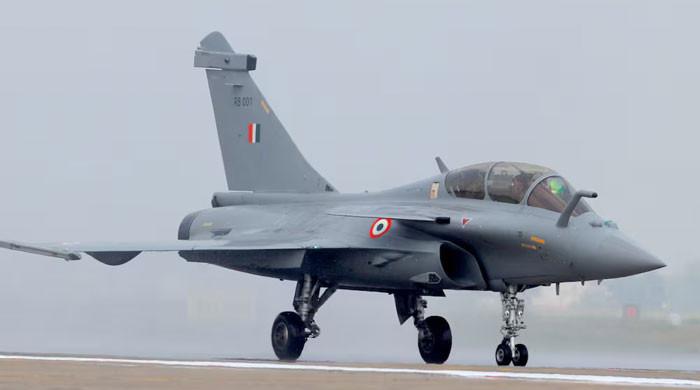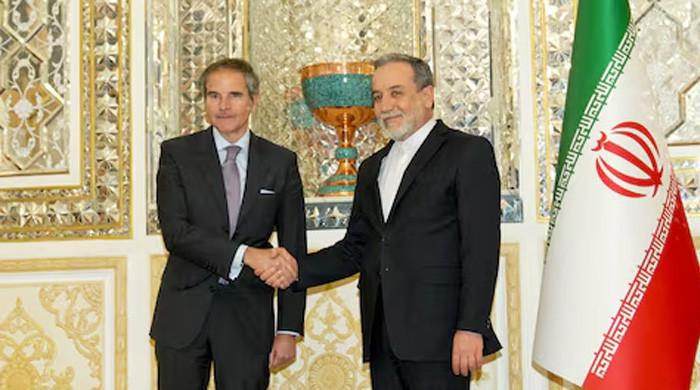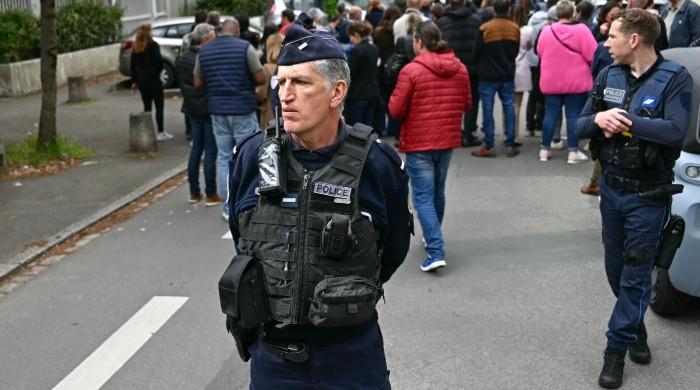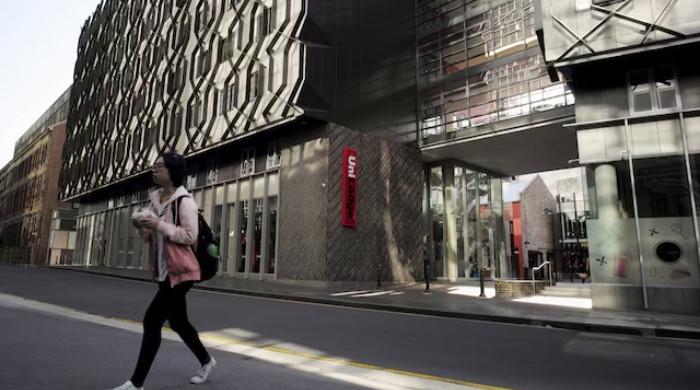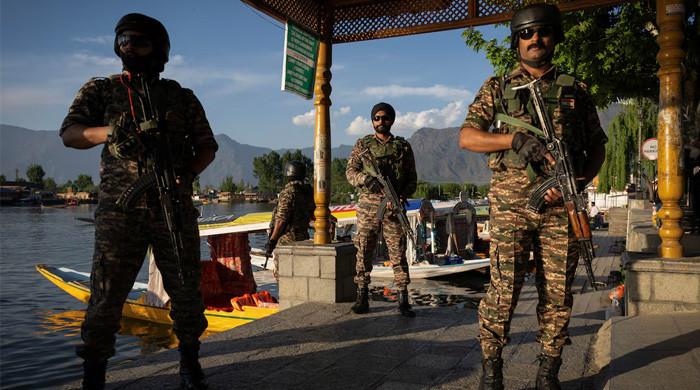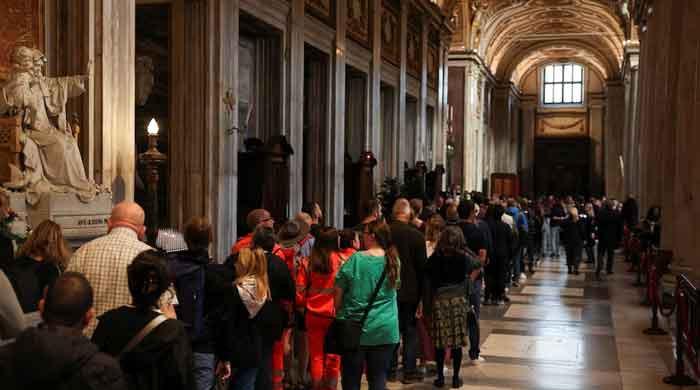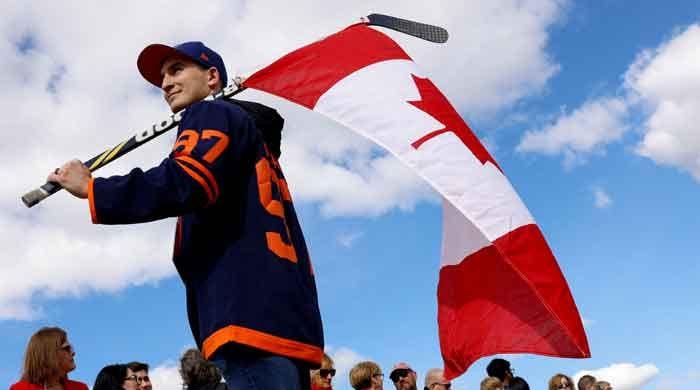Discovery of vast Syrian drug lab reveals secrets of illicit trade
Bashar al-Assad's govt has been accused of profiteering from sale of addictive amphetamine-like stimulant
December 13, 2024
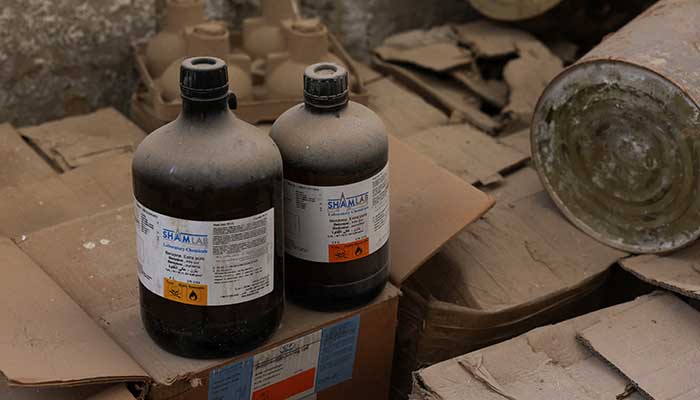
DOUMA: The industrial-scale drug lab sat just up a hill from a main road on the western edge of Damascus, the city that was the seat of power for the Assad family which long denied any links to the narcotics trade.
President Bashar al-Assad's government in Syria was accused by Washington and others of profiteering from the production and sale of the addictive amphetamine-like stimulant commonly known as captagon which became entrenched across the Middle East, from front lines of wars to construction sites and high-end parties.
The annual trade in captagon is worth billions of dollars a year, experts say, and Western governments have linked the illicit trade in Syria to Assad's brother, Maher al-Assad, and the Fourth Division of the Syrian army he commanded.
Maher Assad's whereabouts are not known and Reuters could not reach him for comment on the allegations.
Bashar Assad's fall after a lightning rebel offensive has allowed journalists for the first time to start searching in Syria for evidence of the captagon empire.
In the dark, cavernous warehouses at the abandoned site in the city of Douma, fighters who ousted Assad said they found thousands of pills hidden in furniture, fruit, decorative pebbles and voltage stabilisers that Reuters reporters saw stacked on pallets, with a trailer waiting outside.
Many of the pills were stamped with the double crescent logo or the word "Lexus" that identifies captagon pills.
"These are ready for export," said one of the fighters loyal to Syria's new rulers who took Reuters reporters inside and then cracked open one of the export-ready devices, revealing the pills hidden inside.
Caroline Rose, director of the New York-based New Lines Institute Captagon Trade Project, said the global trade in captagon has an estimated value of $10 billion and put the ousted Syrian leadership's annual profit from it at around $2.4 billion.
Rose, whose organisation tracks all publicly recorded captagon seizures and lab raids, said the site seen by Reuters appeared to be one of the biggest captagon labs that has been found.
"It’s very possible that it's the biggest one that existed in regime-held Syria," she said.
Inside was a pill-press and, in the warehouse above, dozens of barrels, boxes and bottles of different chemicals.
They included Chloroform, Potassium Iodide, Formaldehyde Solution, Ammonia solution sg 0.91, Acetic Acid, Hydrochloric acid, Cyclohexanone and Petroleum ether 40-60 degrees Celsius.
The chemicals were produced in countries including Britain China, India, Oman, Saudi Arabia and Lebanon, according to the labels.
Captagon was the brand name of a stimulant first produced in Germany in the 1960s to help treat attention conditions including deficit disorders and narcolepsy.
It was discontinued but an illicit version of the drug known as "poor man's cocaine" continued to be produced in eastern Europe and later in the Arab world, becoming prominent in the conflict that erupted in Syria following anti-government protests in 2011.
It generates focus and staves off sleep and hunger. It has been banned in many countries including the US and can have harmful side effects. Its prevalence has led to growing drug abuse in Gulf Arab states.





